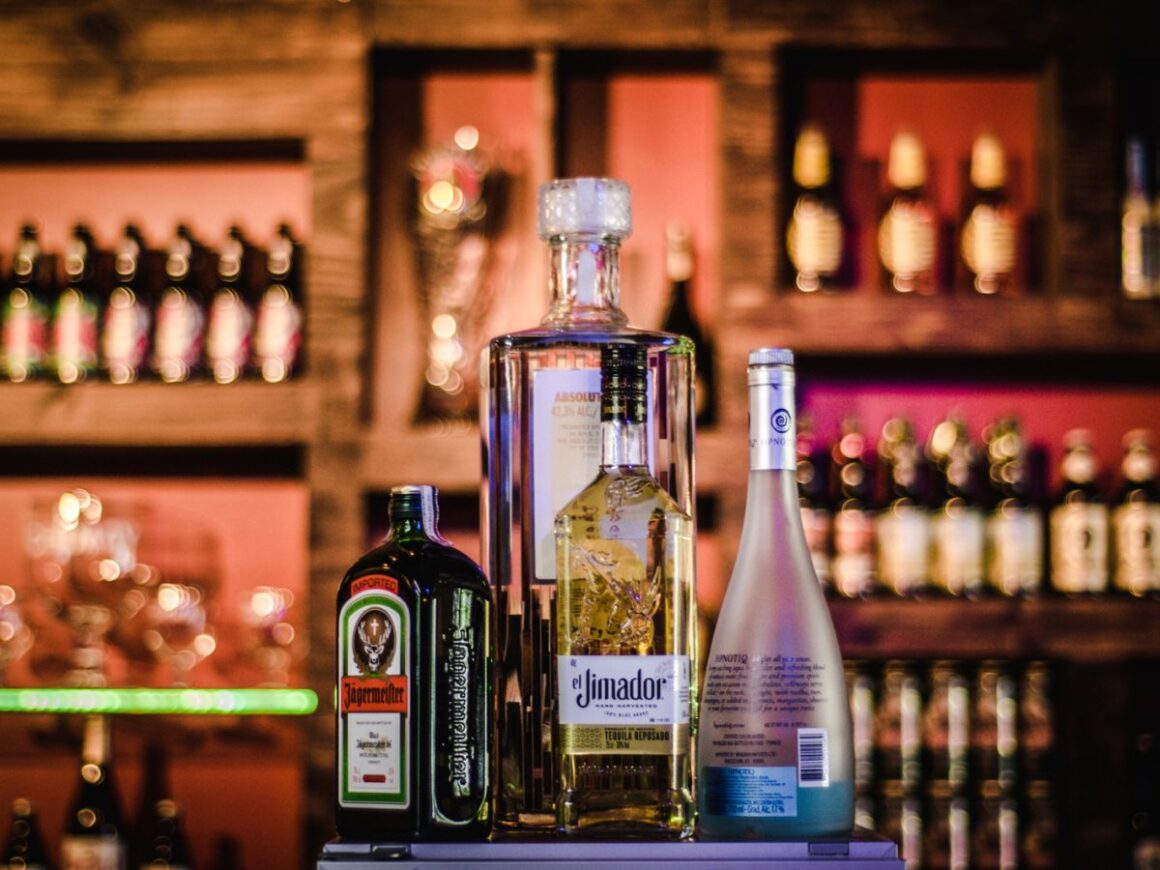Flying can be a nerve-wracking experience for some, prompting them to have a drink for relaxation. However, experts caution against indulging in alcohol during flights, especially if planning to sleep afterward. Here, we explore why nodding off after drinking on a plane can be hazardous to your health.
How Alcohol Affects the Body
Alcohol depresses the central nervous system, impacting cognitive functions, coordination, and judgment. These effects worsen at high altitudes typical of air travel. Alcohol also causes dehydration, which the dry cabin air can intensify.
The Dangers of Alcohol and Sleep
Alcohol may make you sleepy initially, but it disrupts normal sleep patterns, resulting in poor-quality rest. This can leave you feeling groggy and tired, a significant concern in the cramped environment of an airplane. Sleeping after drinking can also elevate the risk of deep vein thrombosis (DVT), a severe condition where blood clots form in the legs.
Staying Hydrated and Active
Experts advise staying hydrated and moving around during flights, especially if you’ve had alcohol. Dehydration can worsen alcohol’s effects and increase the risk of DVT. Drink plenty of water, avoid heavy drinking, and walk or do simple exercises in your seat to encourage circulation.
Alcohol-Free Ways to Relax on a Plane
To relax without alcohol, consider alternatives like herbal teas, fruit juices, or sparkling water. Deep breathing, listening to calming music, or doing light stretches can also help you unwind.
Sleeping After Drinking Alcohol: What You Need To Remember?
Combining alcohol and air travel, particularly if you plan to sleep, can endanger your health. By understanding how alcohol affects you, recognizing the risks of drinking and sleeping, and staying hydrated and active, you can ensure a safer, more comfortable flight. Moderation and mindfulness are key for a pleasant and healthy journey.

